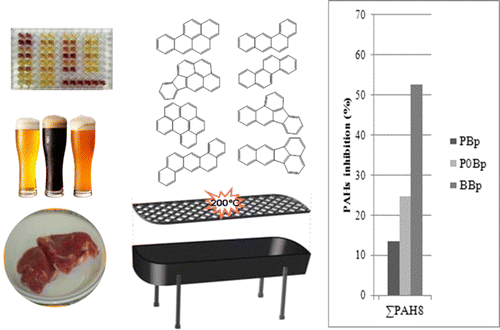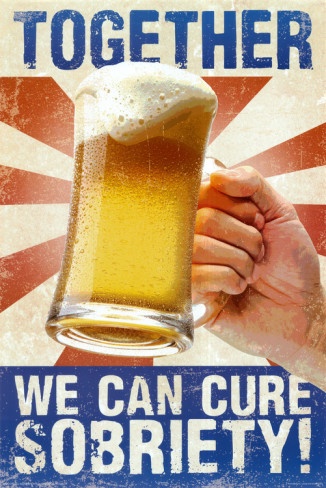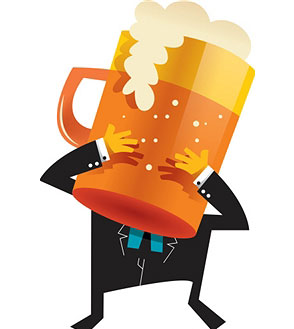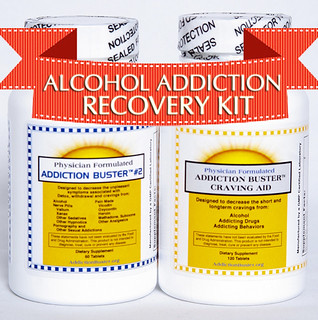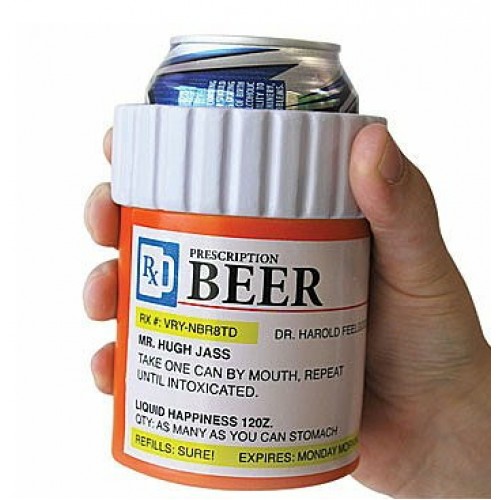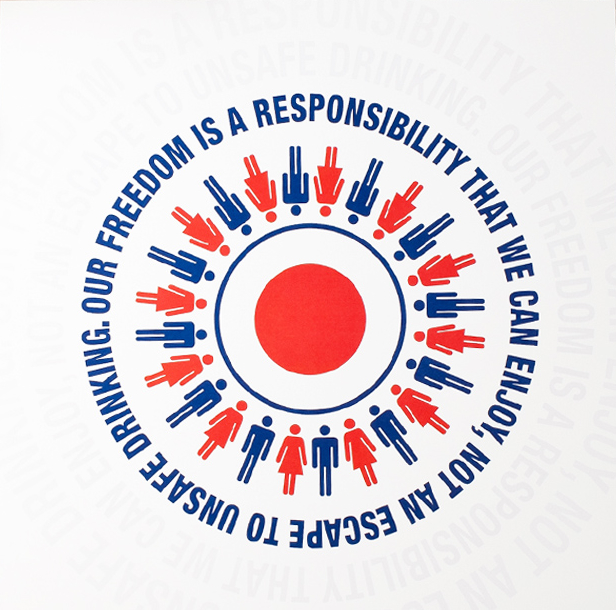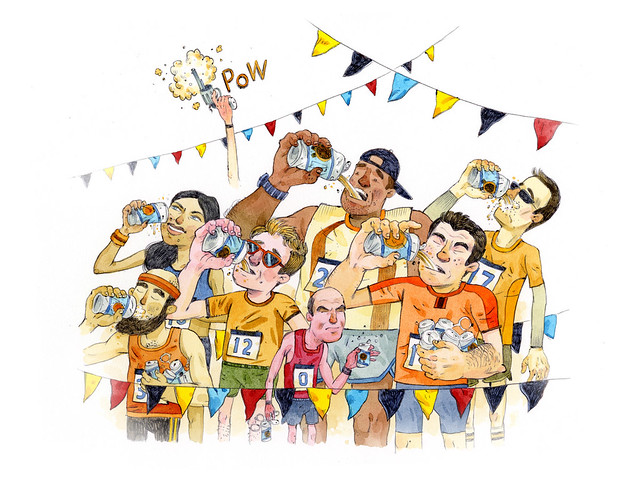
The closer I get to old age, seemingly swifter with every passing year, the more I’ve been noticing that serious people younger than me are worried that senior citizens might be drinking a bit too much at the end of their lives. Hmm. A couple of days ago, the personification of the sheriff of the nanny state, Alcohol Justice, tweeted yet another such study, this one about “Binge Drinking US Seniors — http://bit.ly/1fse3ne — New research raises “‘Cause for Alarm.'” The link takes you to an article on Medscape entitled Binge Drinking in US Seniors ‘Cause for Alarm’ about elderly drinking. Here’s what alarmed the researchers.
A national cohort study of more than 4800 adults older than 64 years showed that almost 10% reported binge drinking ― defined as having 5 or more drinks in 1 sitting for men and 4 or more drinks in a single sitting for women ― in the previous 30 days.
They continue: “Alcohol consumption in seniors can be associated with cognitive decline and worsening of comorbidities, including hypertension, stroke, and osteoporosis.” But that’s false. Moderate drinking has been shown to reduce the risk of dementia and Alzheimer’s disease and increases in cognitive functioning, and there are similar benefits for strokes (“Studies now show that drinking up to 2 alcoholic drinks per day can reduce your risk for stroke by about half”) and osteoporosis (“The National Osteoporosis Risk Assessment studied 200,000+ postmenopausal women with no previous diagnosis of osteoporosis. The study found that drinking alcohol significantly reduced the chances of developing osteoporosis”). So that makes me question the validity or motives of the study.
Similarly, the recent Alcohol Research UK 2014 Conference had two presentations on the same subject: “Moderate Alcohol Use in Older Years” and “Alcohol Misuse in Older Adults.” I assume it’s because the largely self-centered baby boomer generation (of which apparently I’m at the tail end of, though I definitely don’t identify myself with) are aging so now research would turn toward the older boomers.
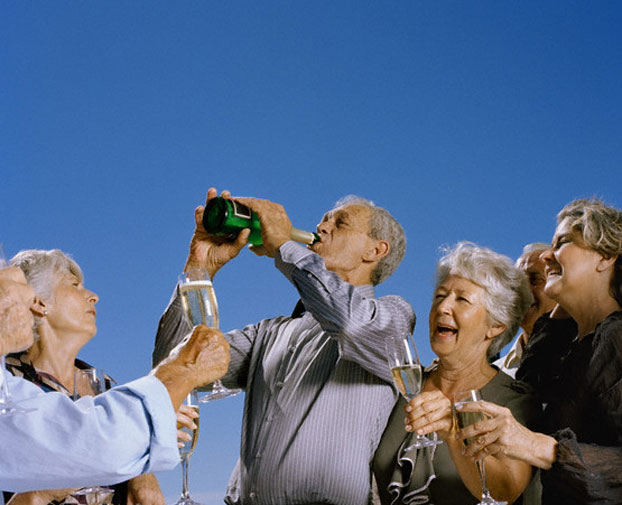
This is the image used by AJ with their tweet, but the people in this photo look like they’re having a great time, don’t they? Aren’t old people allowed to celebrate or have a good time? Is that the issue?
Here’s my gut reaction. In ten or fifteen years — assuming I’m still alive and kicking — when my kids have left the house, finished college and started careers and/or families; after I’ve retired and have no more deadlines to file, no more stories to write; maybe I can relax and drink a few beers. Maybe I’ll even drink five beers in a row, making me — gasp — a binge-drinking elderly person. If I decide to do that at the end of my days, choosing in that way to enjoy the remaining time I have with alcohol, I have just one thing to say to the do-gooders who are alarmed by such behavior: “go fuck yourself.” Seriously, do. As long as I’m not hurting you, please don’t presume to tell me how to live out the end of my days, that seriously pisses me off. Please take your “alarm” and shove it where the sun don’t shine. That has to be the most aggressively obnoxious, arrogant position I’ve heard recently. Please stop telling the rest of us how to live.
Besides the fact that defining binge drinking as five consecutive drinks is completely absurd, especially considering the most recent FDA Dietary Guidelines allow four drinks in a row for a man (with no more than 14 per week). So that means the difference between moderate, healthy imbibing and dangerous binge drinking is exactly one drink. Yeah, that seems reasonable.
There’s living and there’s living; just existing and being really alive. I’m planning on trying to enjoy the time I have left. If that means drinking a few beers on occasion, that is, and quite properly ought to be, my own business. If my family has a problem with that, I’m confident they’ll be sure to tell me. Everybody else, keep walking. I plan on being a unrepentant curmudgeon. There’s no reason to change now.



